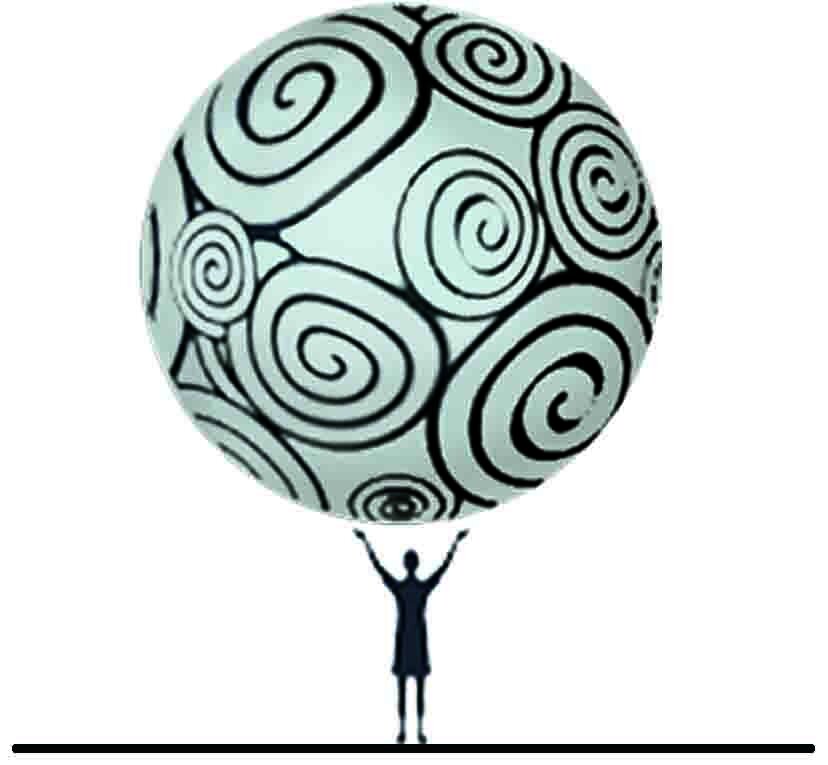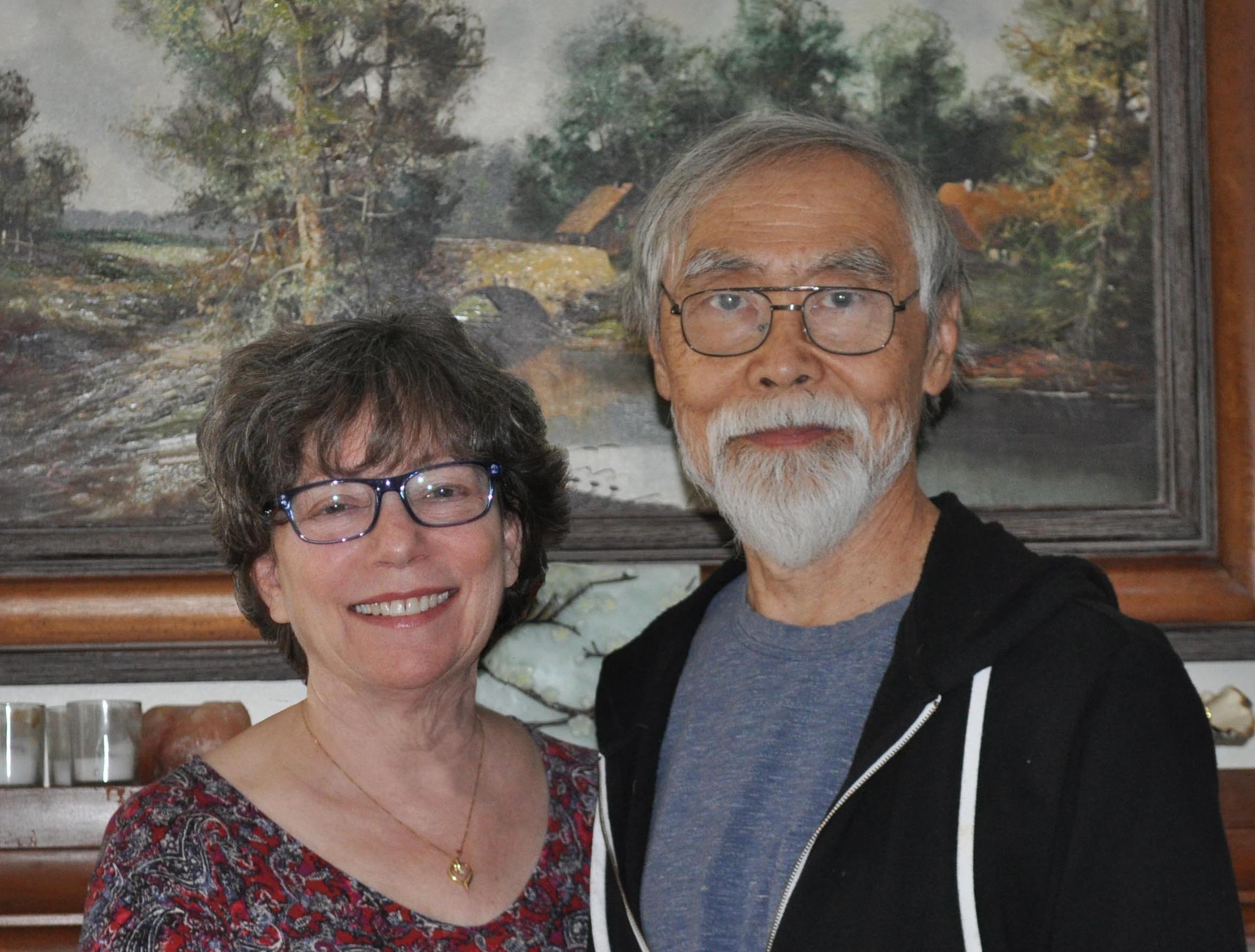Seems to me that everything is getting more and more complicated. I thought computers were supposed to SAVE time and money! Sigh.
I LOVE anything that simplifies my life and our clients' lives. Here are some of my favs, both for business and personal stuff because we don't seem to be able separate them. So we don't. Clients and friends ask often, "How do you manage it all?" Well, sometimes we don't! That's the truth. It can all be overwhelming at times. But most of the time, we have things organized with plenty of systems in place that we've developed over the years.
If you're curious about any of these or have questions, feel free to email us.
Staying Organized
I HAVE to have a master "to-do" list plus lists for each client/project. I collaborate a lot, share files and info, and need to be reminded to do things. Evernote is the love of my life (after Harry). I started with the free version, now pay a small fee monthly for awesome collaboration/sharing/reminder features. I use it every day both for work and personal organization.
Websites
For starters, a "brochure" website is a must if you are an artist or creative and make your living (or want to make your living) outside of the "I work for someone else" world. You can build from there as you grow and need more features (like e-commerce). Squarespace is the platform we use the most for websites. We have built sozens of websites on the Squarespace platform, they're an awesome company we've worked with for many years. We put together custom websites based on their template system for about 1/3 to 1/2 the cost of what a "built from the ground up" website can cost. You can DIY, but probably not the best use of your time. We also use GoDaddy and other systems. We want the best solutions for our clients, at the best price.
Social Media
Morning coffee or tea and social media. It's the only way I'll do it, I'm just sooooo busy, and it IS time-intensive. 20 minutes max. I sip and scan and stay current on friends, family, and business. Then post anew and share what I love. Done. Maybe I'll check it later in the day if I'm relaxing for a few minutes. For clients, scheduling posts ahead of time is a boon. Setting up blogs to automatically feed social media is a real time-saver too.
Email Management
ALL my email accounts feed into my inbox and they automatically sync with my phone and tablet. I keep the spam settings on "medium" (not "high") otherwise I don't get things I'm supposed to. I check the spam folder daily for the occasional legit mail that gets waylaid. I set the email software to show me the first three lines of the email so I don't have to open every one of them just to find out what's inside. I have email folders in my email software, one for each client and us, to hold mail I want to save. Signature blocks are already set up and appear at the bottom of new emails giving full contact info.
Paper Management
I handle paper stuff as little as possible. Open it, throw the envelopes and recyclables into the basket near my desk, bills and important stuff to my left in a stack which is quickly dealt with twice weekly. Filing goes into the cabinet in my desk, and because it's only the important stuff, it takes a couple of years to fill the basket then it goes into storage.
Bookkeeping
Not my fav thing to do, but it's gotta get done. I use xero.com and absolutely love it. I can keep track of checking and savings accounts, invoice clients, code items for taxes, and much more. Online banking allows me to pay bills and deposit checks by taking a picture of them, and I haven't set foot in our bank in years. Tax time prep takes 20 minutes to generate income/expense reports for the accountant.
Feeding Ourselves and Family
We work from home and eat at home a lot. We eat clean and healthy. That's a lot of shopping and cooking, and it can get expensive. I save time and money by buying in bulk by sourcing pantry items online (Amazon and Vitacost which is sometimes cheaper, sign up for email coupons). Each bulk purchase ultimately saves me $30 - $100 over one-at-a-time at the grocery store. Fresh, in-season organic produce comes from local markets. Grass-fed and organic protein comes from online sources (US Wellness Meats or Grass Roots Farmers’ Cooperative) and local markets. We cook in quantity, enjoy, and freeze in meal-sized portions. The freezer we bought last year paid for itself in six months with shopping/freezing savings.
Computer Backups
Totally automated, redundant backup systems. We've had one backup system fail and lost a lot. A three terabyte drive on my desk plus online encrypted cloud storage that continually backs up have seriously saved my you-know-what more than once.
Computers and Software
We use Apple products and we love them. We spend MUCH less time dealing with issues than with PC’s. Whatever you choose to use, realize that you will have to upgrade them every few years. Limping along on outdated equipment has a huge opportunity cost. Also, our software updates automatically AFTER a prompt to me asking if it's OK. Click. Done.
Keeping Skills Sharp
Critical. Again, it will ultimately save you a lot of time and stress. Realty check: most people vastly overestimate their computer/software skills. We upgrade our skills constantly with online learning.
It takes time to do all this, don't beat yourself up or think you can get it all done in a few days (or weeks)! One thing at a time, then move on to the next one. You'll be surprised and how much it helps!





